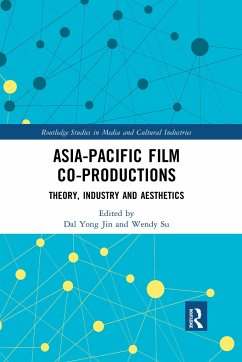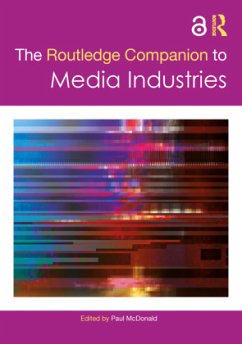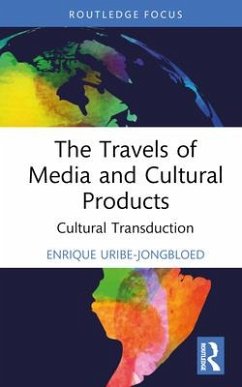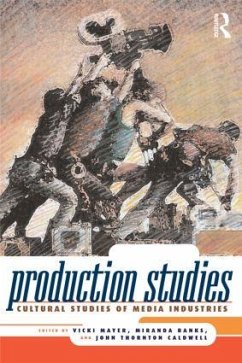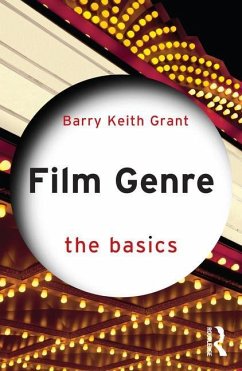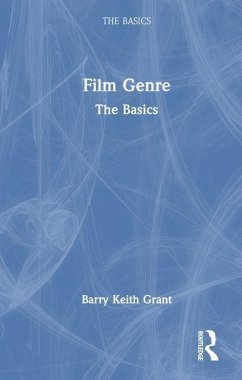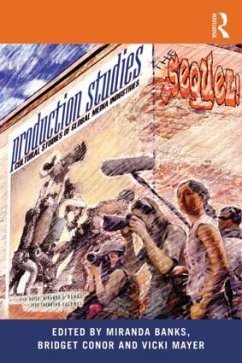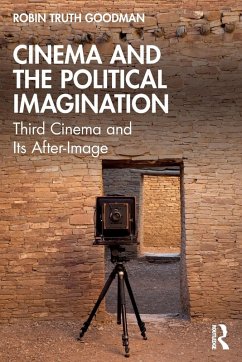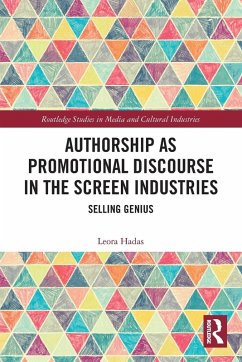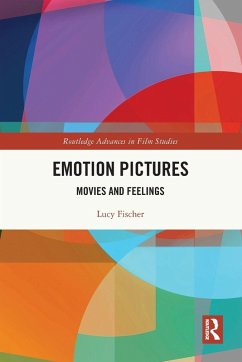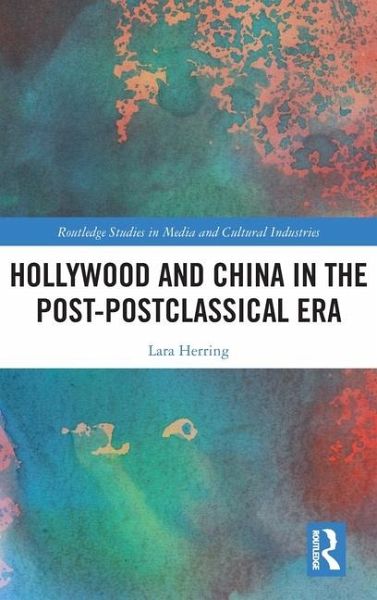
Hollywood and China in the Post-postclassical Era
Versandkostenfrei!
Versandfertig in 6-10 Tagen
144,99 €
inkl. MwSt.
Weitere Ausgaben:

PAYBACK Punkte
72 °P sammeln!
This book examines the contemporary relationship between Hollywood and China as case studies that help to define a new era in Hollywood film industry, style, and economics, which is termed the 'post postclassical' period.Centred around a case study of Legendary Entertainment, the analysis shows how the studio adopted and adapted its global strategies in order to gain access to and favour within the Chinese film market, and how issues of censorship and financial performance affected the choices they made. Demonstrating Legendary's identity as a 'post postclassical' studio and examining how this...
This book examines the contemporary relationship between Hollywood and China as case studies that help to define a new era in Hollywood film industry, style, and economics, which is termed the 'post postclassical' period.
Centred around a case study of Legendary Entertainment, the analysis shows how the studio adopted and adapted its global strategies in order to gain access to and favour within the Chinese film market, and how issues of censorship and financial performance affected the choices they made. Demonstrating Legendary's identity as a 'post postclassical' studio and examining how this plays into its China strategy, this book explores how this particular case and the necessary analysis of wider political economic relations offer a periodisation of the contemporary Hollywood China relationship.
This book will interest students and scholars of media and film studies, as well as academics whose research interests include global cinema, Hollywood, Chinese cinema, transnational cinema, and film industry studies.
Centred around a case study of Legendary Entertainment, the analysis shows how the studio adopted and adapted its global strategies in order to gain access to and favour within the Chinese film market, and how issues of censorship and financial performance affected the choices they made. Demonstrating Legendary's identity as a 'post postclassical' studio and examining how this plays into its China strategy, this book explores how this particular case and the necessary analysis of wider political economic relations offer a periodisation of the contemporary Hollywood China relationship.
This book will interest students and scholars of media and film studies, as well as academics whose research interests include global cinema, Hollywood, Chinese cinema, transnational cinema, and film industry studies.





